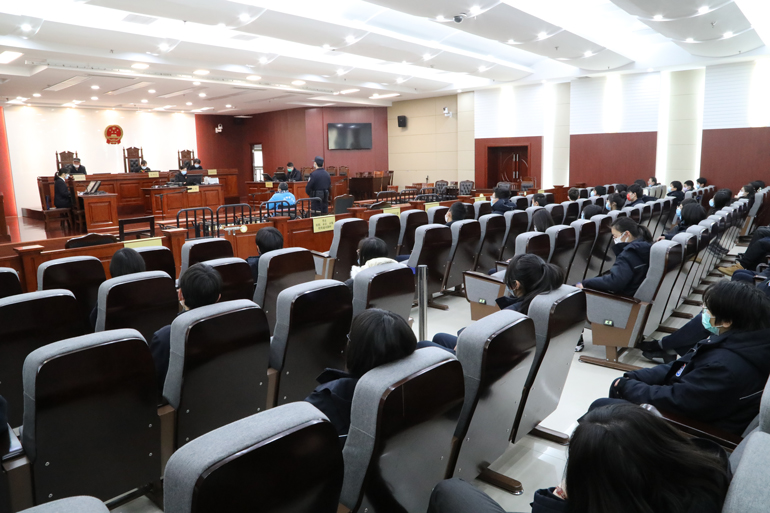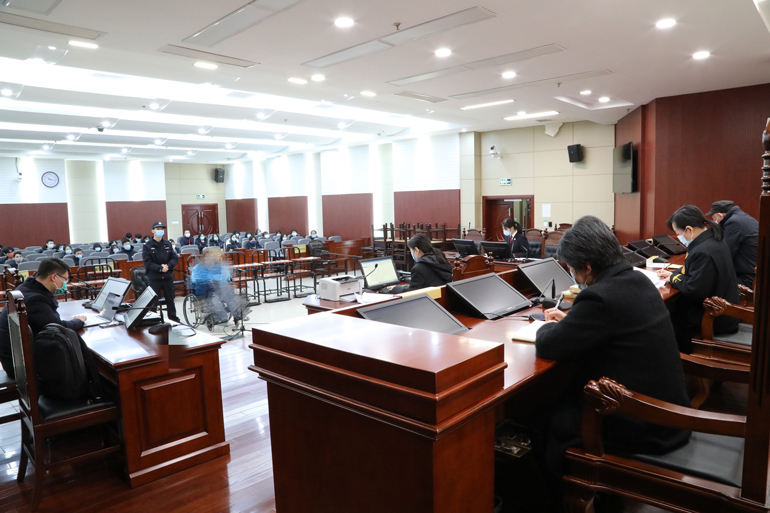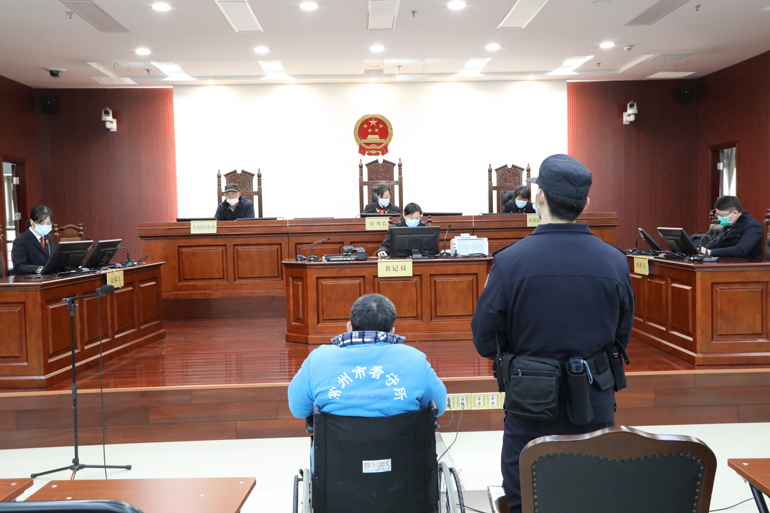As part of the MYP off-campus exploration activities, all 8th Graders went to the People's Court of the High-tech Industrial Development District to observe a trial and had a lively Moral and Law class there. During the court trial, the students were serious and listened carefully to the process of case investigation, presentation of evidence and cross-examination, court debate and judgment in court. They fully felt legal sanctity and had a better understanding of the law.


As an extension of the Moral and Law course, this trial is guided by the "Ideological and Moral Curriculum Standards for Compulsory Education" and takes the life of middle school students as the basis to guide and promote the ideological and moral development of middle school students. Taking this activity as an example, the students linked it with what they’ve learned in the unit of "Observing the Social Rules" in Grade 7, and realized that laws and other regulations are mandatory, which require everyone to be consciously abiding by them and take the rules as the criterion for one's actions.Therefore, moral and law courses should start from the perspectives of constructing life-oriented teaching situations, optimizing life-oriented teaching materials, and carrying out life-oriented practical activities, so as to clarify the life-oriented teaching ideas, and use life-oriented methods to promote the effectiveness of teaching practice.
At the same time, Moral and Law, as a part of the Individuals and Societies group of the IB Programme, supports an approach to developing teaching through inquiry to ensure that students can use appropriate methods to investigate important issues , and think critically about a variety of ideas and issues. ‘How does this subject contribute to our understanding of the world?’ is a frequently asked question. This court attending activity is beneficial for students to master specific subject terms, concepts and skills, such as criminal offense, fixed-term imprisonment, criminal detention, etc. Students are also able to critically evaluate what has been learned, such as ‘Should we act ethically or legally?’, ‘ Is lenient punishment really conducive to the construction of the legal system?’ and make smart decisions to act responsibly.


The activity not only enables students to connect book knowledge with real life, but also encourages students to form a correct outlook on life. It enhances students’ moral awareness and reminds them to abide by public morality and good order, and also help students make friends cautiously, develop good habits and live a peaceful, happy and healthy life.


